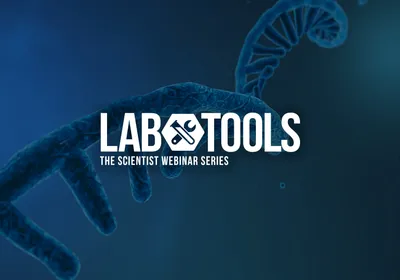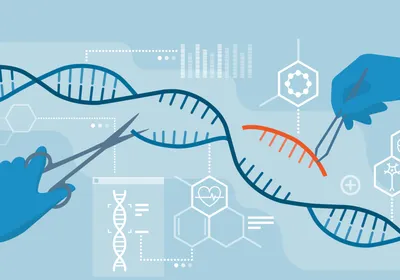 MEYER ET AL.Matthias Meyer from the Max Planck Institute for Evolutionary Anthropology and his colleagues have sequenced the oldest hominin DNA to date, generating a nearly complete mitochondrial genome of a human ancestor who lived around 400,000 years ago.
MEYER ET AL.Matthias Meyer from the Max Planck Institute for Evolutionary Anthropology and his colleagues have sequenced the oldest hominin DNA to date, generating a nearly complete mitochondrial genome of a human ancestor who lived around 400,000 years ago.
“It’s an incredible breakthrough,” David Reich from Harvard Medical School, who was not involved in the study, told The Scientist. “They managed to get DNA out of a sample that dates back to a time before either modern humans or Neanderthals existed.”
Phylogenetic analyses involving this and other ancient specimens proved puzzling. “Obviously, the origins of Neanderthals and Denisovans are quite complicated, perhaps more than what we would have hoped,” said Meyer. “[Our results] just put a big question mark over all of this.”
 BART BOETSPhonetic representations are not compromised in the brains of adults with dyslexia, it turns out. Researchers used advanced neuroimaging techniques to show that the brain’s interpretations of human speech sounds were, by all accounts, normal.
BART BOETSPhonetic representations are not compromised in the brains of adults with dyslexia, it turns out. Researchers used advanced neuroimaging techniques to show that the brain’s interpretations of human speech sounds were, by all accounts, normal.
“Even while scanning throughout the whole brain for local regions where the representations may be impaired ...






















